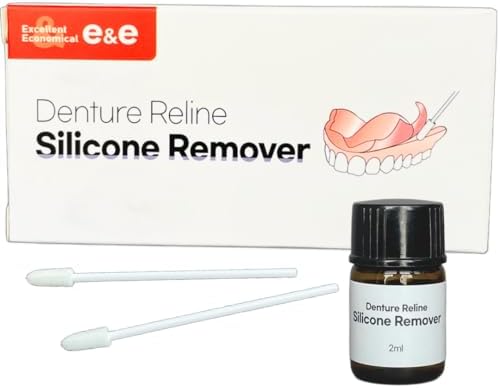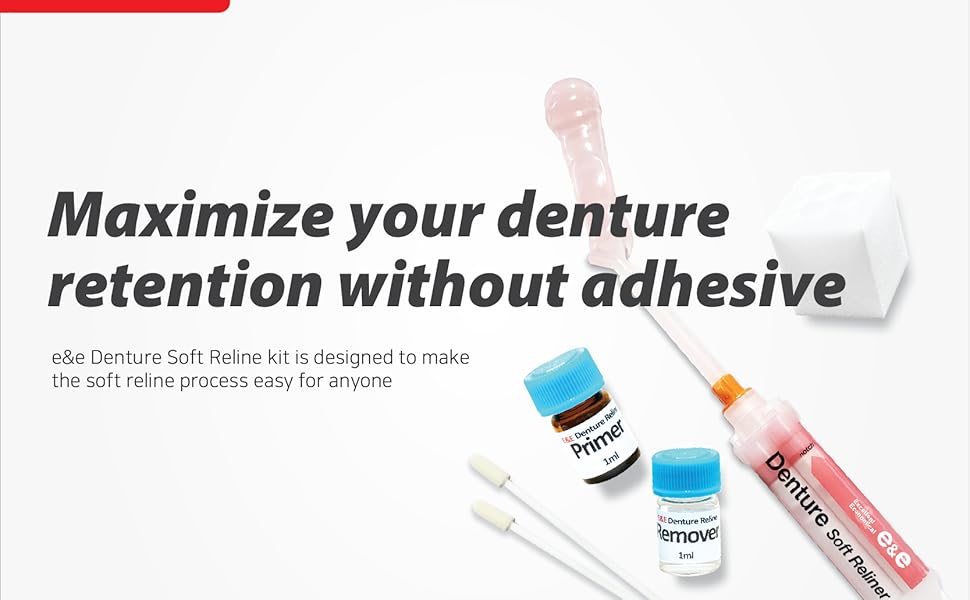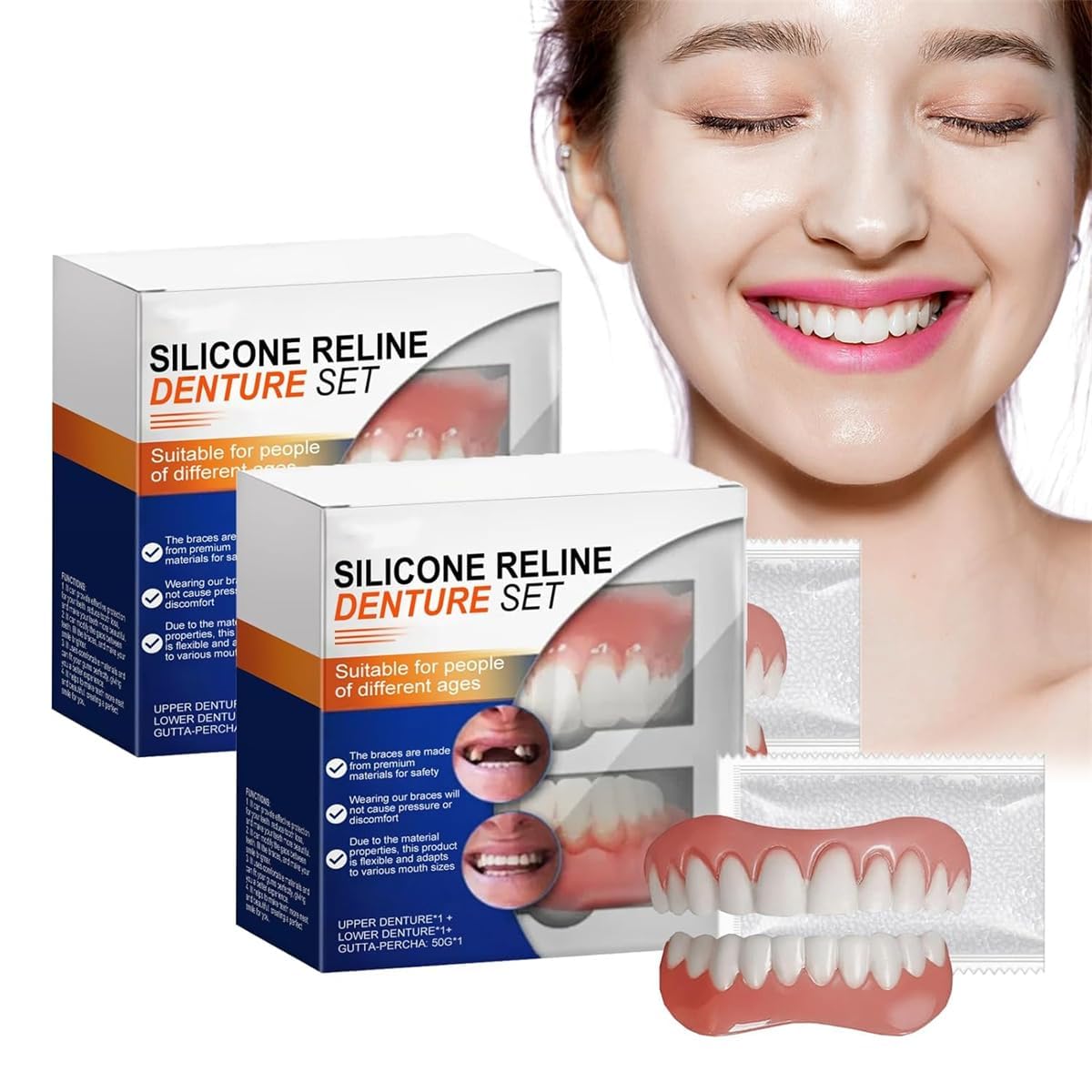Dentures have long been a vital solution for individuals who have lost their natural teeth. Traditionally, dentures have been constructed from hard materials, which can sometimes lead to discomfort and difficulty in achieving a tight fit. However, recent innovations in denture soft liners have transformed the landscape of denture wear, offering improved comfort, aesthetics, and functionality. This article delves into the latest advancements in denture soft liners, their benefits, types, and what you need to know if you’re considering this option.
The Importance of Denture Soft Liners

Denture soft liners are a critical component for patients who require additional cushioning and support for their gums. They are typically made from a soft, pliable material that is placed between the hard denture base and the oral mucosa. The primary purposes of soft liners include:
- Enhancing comfort by providing a cushion effect.
- Reducing the risk of sore spots and irritation.
- Improving the overall fit of the denture.
- Facilitating better retention and stability.
These benefits have led to a surge in the adoption of soft liners, particularly among elderly patients and those with sensitive gums.
Types of Denture Soft Liners

There are several types of denture soft liners available, each with its unique properties and applications. Understanding these types can help patients make informed choices based on their specific needs:
- Acrylic Soft Liners: These liners are made from acrylic resin and are commonly used in both immediate and conventional dentures. They can be relined chairside and offer good durability.
- Silicone Soft Liners: Silicone materials provide excellent cushioning and are often used in patients with more significant tissue changes. They are more flexible than acrylic liners and offer better shock absorption.
- Thermoplastic Liners: These liners become pliable when heated and are ideal for patients who need a custom fit. They are often used for relining existing dentures.
- Permanent Soft Liners: These liners are designed for long-term use and are chemically bonded to the denture base. They are suitable for patients who have difficulty adapting to hard dentures.
Recent Innovations in Soft Liner Technology
The advancements in soft liner technology have significantly improved the quality of life for denture wearers. Here are some notable innovations:
1. Improved Material Composition
Recent developments in polymer chemistry have led to the creation of soft liners that are more durable and resistant to wear. For instance, the introduction of thermoplastic elastomers has resulted in liners that maintain their properties longer and are less prone to degradation.
2. Antimicrobial Properties

With the rising concern of oral health, some soft liners now incorporate antimicrobial agents that inhibit bacterial growth. This feature is particularly beneficial for patients susceptible to infections or those with compromised immune systems.
3. Enhanced Adhesion and Retention
New adhesive technologies have improved the bonding between the soft liner and the denture base. This results in better retention, reducing the need for frequent adjustments and enhancing the overall user experience.
4. Customizable Soft Liners

Innovations in digital dentistry have paved the way for customizable soft liners. Using 3D printing technology, dental professionals can create liners that perfectly match the contours of a patient’s gums, ensuring a precise fit and maximum comfort.
Case Studies and Real-World Applications
Several case studies highlight the positive impact of innovations in denture soft liners:
Case Study 1: Elderly Patients with Sensitive Gums

A group of elderly patients transitioning to dentures experienced significant discomfort due to sensitive gums. After switching to silicone soft liners, 80% reported a marked improvement in comfort and a reduction in sore spots. Follow-up surveys indicated that these patients were more likely to wear their dentures for longer periods each day.
Case Study 2: Patients with Oral Health Challenges
Another study focused on patients with diabetes, who are at a higher risk of infections. By using antimicrobial soft liners, researchers noted a 60% reduction in oral infections compared to those using traditional liners. This not only improved the patients’ comfort levels but also their overall health outcomes.
Considerations Before Choosing a Soft Liner

While the benefits of soft liners are compelling, there are certain factors to consider before making a decision:
- Cost: Soft liners can be more expensive than traditional hard liners. Patients should discuss the cost implications with their dental care provider.
- Maintenance: Soft liners may require more frequent replacement and maintenance compared to hard liners.
- Fit and Comfort: Not all patients may find soft liners more comfortable, as individual preferences vary. A professional assessment is essential.
Innovations in denture soft liners have revolutionized the way patients experience dentures, offering enhanced comfort, better fit, and improved oral health outcomes. With various types of liners available and significant advancements in technology, patients now have more options than ever to customize their denture experience. As the field of dentistry continues to evolve, staying informed about these innovations will empower patients to make decisions that best suit their needs. Whether you’re considering dentures for the first time or looking to upgrade your existing ones, understanding soft liners is an essential step toward achieving optimal oral health and comfort.


